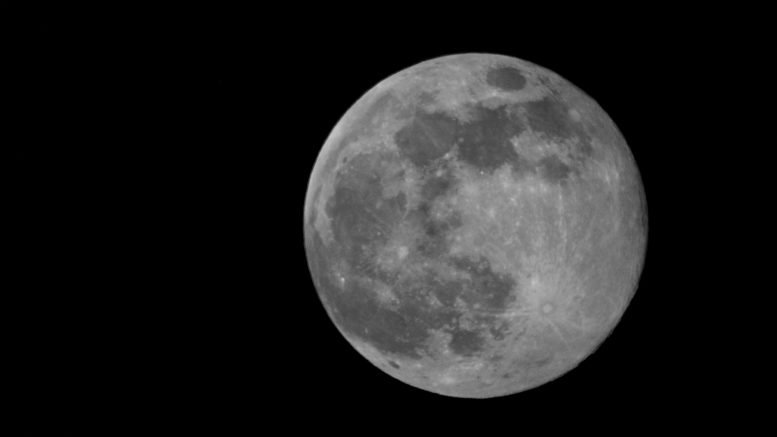Lets talk about moon ownership. Does anyone own the moon? Can private companies claim ownership of parts or the entirety of the moon? What about nations? What those who claim to sell plots of land on the moon, are those valid?
In terms of the limitations placed on the nation states owning the moon or parts of the moon is the 1967 treaty on “Principles Governing the Activities of States in the Exploration and Use of Outer Space.” We briefly mentioned this in our Space Law article, but the summary is that the treaty explicitly denies countries the ability to claim ownership of the moon amongst other things. Therefore, moving forward, it looks like nation states like China and India whose spacefaring activities are mainly limited to their government to perform space actives, they will either have to cooperate with others or withdraw from the treaty. Other than sending space probes, as there has yet to be any activity on the moon since the US landed people on the surface, this has yet to be an issue in regards to enforcement and such. But if the treaty is not enforced in the future when nations start activity on the lunar surface, the entire treaty could fall apart. And this is a real issue as the treaty does cover other issues such as nuclear weapons in space, which is important because both the US and Soviets did look into the potential of nuking the moon during the space race. Therefore, there will need to be a way for the treaty to either be respected or enforced, but as space programs progress, hopefully any activities that countries perform on the moon is done in cooperation so there would not need to be the necessity to arbitrate the treaty.
There is the 1979 UN Moon Treaty, which “calls for lunar resources to be the heritage of all mankind, nor has any other spacefaring power.”[1] But that was never signed by the US and therefore cannot be a viable international law to be enforced as any viable international law requires everyone to be a part of and participate in fully and not subvert it.
For those who are curious and want to “buy” acreage on the moon should realize that said land offering is just a piece of paper. Purchase of moon land and ownership by independent companies will not be recognized by third parties other than the company you purchased land from. That is because the land that someone purchases is not enforceable and will not be respected. How is someone going to claim their land on the moon that they purchased. Moreover, the third party seller does not have the standing amongst the space community to actually sell and enforce lunar land rights. If lunar land were to be able to be purchased and sold, one has to first be able to get to the moon, be able to develop said land, and have said purchase be enforced by all those who are spacefaring and have access to the moon. At this time, those who claim to be selling lunar land are just doing that, claiming.
The last category that is worth looking at is private companies, who will be able to get to the moon in the future and could potentially enforce laws and regulations. Companies like SpaceX, who will be able to reach the moon for paying customers, and Blue Origin, who is developing their own program called Blue Moon by 2024, will not be bound by the 1967 Outer Space Treaty. Therefore, it might be up to the countries that these companies are founded and operate in to regulate these companies. But with the plethora of companies from a plethora of companies being able to reach the moon, how will these companies work together to access the moon together. Will there be some system that companies have to join and rules to abide by in order to gain access to the moon and the lunar resources? Who will enforce lunar law and facilitate trade on the moon? So far, the space powers currently in the lead, the US, Russia, and China, all agree to the 1967 Outer Space Treaty allowing private ownership, but that is really it. Any additional framework has yet to be developed and with the potential onset of private commercial space travel to the moon, this issue needs to get addressed immediately or else it might end up that the countries which have a stake in certain private companies could fight wars over lunar resources.

Be the first to comment on "Moon Ownership: A Snapshot In Time"